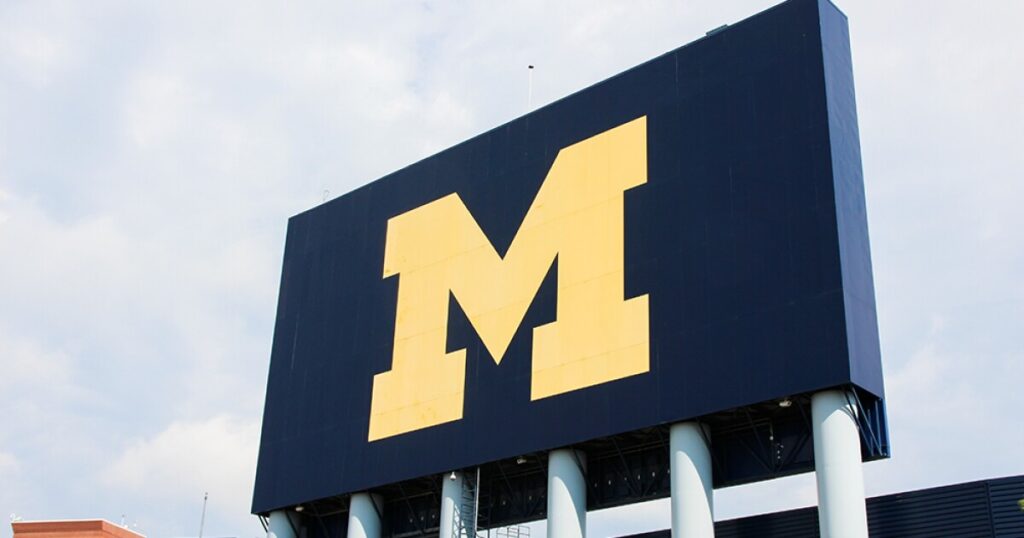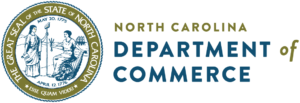The University of Michigan is making waves with significant updates to its diversity, equity, and inclusion (DEI) strategies. On Thursday, the university revealed it will stop requiring DEI statements from prospective faculty and is enhancing a scholarship program to support in-state students financially.
The Go Blue Guarantee scholarship now adjusts its qualification threshold to include applicants with an annual income and assets up to $125,000, compared to the previous $75,000 limit. University President Santa Ono addressed the change during the regents meeting, emphasizing its role in promoting diversity and inclusion. “We’re so looking forward to the opportunities it will provide to students and families from all across the state. Outstanding individuals who will find a University of Michigan education is within their grasp,” he stated. This expansion will allow an additional 2,200 in-state students to benefit, increasing the total number to 10,000.
These updates will be effective across all three campuses of the University of Michigan starting next fall. Regent Sarah Hubbard, a known critic of DEI statements, supported the expanded scholarship program and the new policy on diversity statements, which she believes will foster a diversity of thought. “[This] means we’re open for business, for people from all walks of life,” Hubbard remarked, reflecting on the criticisms of the university’s previous 10-year DEI plan.
Provost Laurie McCauley announced the removal of DEI statements from the hiring process, based on a faculty committee’s findings. However, some faculty members are challenging the university’s rationale. According to Germine Awad, a psychology professor and committee member, the committee’s recommendations were intended to be implemented together. The suggestions included incorporating DEI statements into teaching and research while helping faculty articulate them more clearly.
The faculty committee’s survey, encompassing over 2,000 members, showed a slight majority believed DEI statements pressured faculty rather than fostering diversity. Consequently, the committee advocated for a revised approach. An earlier summer report suggested letting individual departments decide on DEI statements, but this proposal was not accepted by the regents.
Despite requests for additional deliberation time, the decision was finalized. Concerns were voiced by several members of the U-M community during the regents meeting, worried about potential reductions in the university’s DEI plan. Nevertheless, the regents assured that DEI initiatives would not face defunding.
Awad expressed disappointment, stating, “I think it was really just part of a broader attack on DEI. And this is just one mechanism to do that.”





